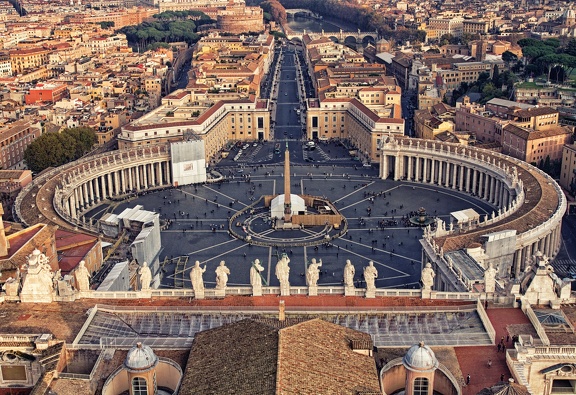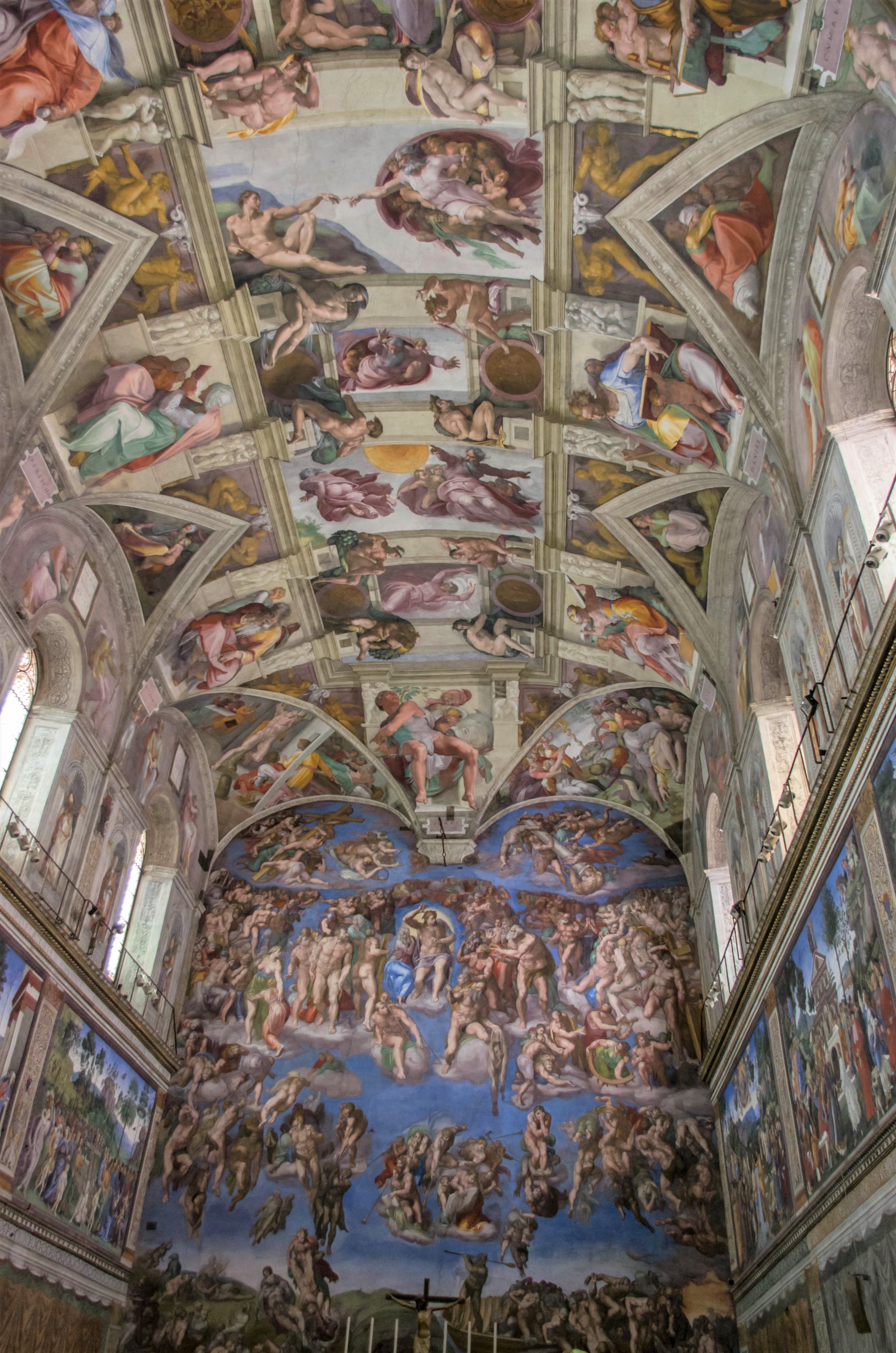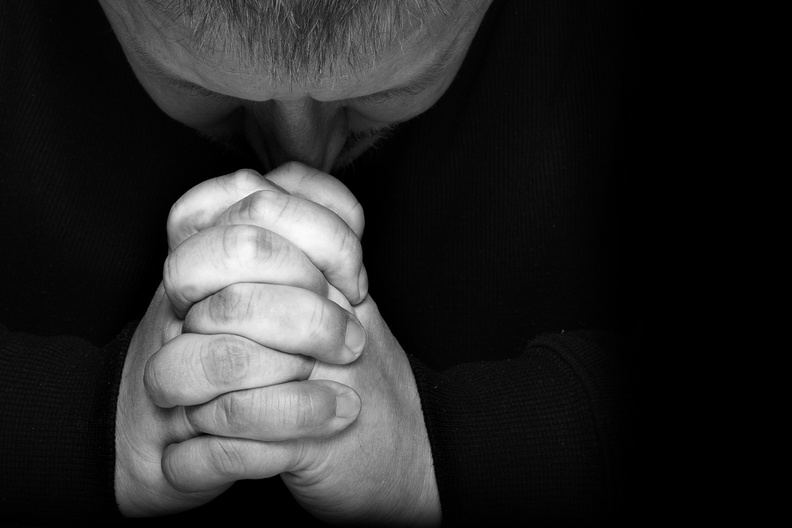Corpus Christi Blog

Social Communication
08-30-2020Weekly ReflectionJen Arnold, M.A. in Theology and CatecheticsLast week, I discussed the three sources of authority in the Catholic Church. One of them is the Magisterium, the teaching office of the Church, where our leaders gather to discuss issues the Church is facing and issue decrees on how the Church should address them. You have no doubt heard of the Second Vatican Council, which was called to order by Pope St. John XXIII in 1962 and closed by his successor Pope St. Paul VI in 1965. During this time, thousands of bishops and cardinals gathered to discuss the emerging pastoral needs of the Church at the time. Numerous new decrees came out of this Council which apply to our Faith today. There is a book that contains the entire collection of documents to come from the Second Vatican Council, but it is over 1,000 pages and it is not necessarily the most interesting to read. However, if you are ever curious enough to look at a particular topic, all of the documents are readily available online. I have selected one to summarize in order to illustrate how we learn official Church teaching on a particular matter, via the Magisterium.
READ MORE
The Three Sources of Church Authority
08-19-2020Weekly ReflectionJen Arnold, M.A. in Theology and CatecheticsYou have probably heard the phrase “sola scriptura,” which is used by many Protestant religions to describe their authority as coming from Scripture alone. Martin Luther originally defined the doctrine of using Scripture as the sole source of theological authority in the midst of frustrations with things happening within the Church’s hierarchy during the Protestant Reformation. To this day, the source of authority remains one of the defining differences between the Catholic faith and many other Christian denominations. Today, we’ll take a look at the Catholic Church’s three sources of authority – Scripture, Tradition, and the Magisterium – and why we hold all three to be equal sources in the passing on of the Faith.
Scripture
Catholics absolutely believe in and respect the authority of Sacred Scripture. We believe that, from cover to cover, it is the inspired Word of God. Humans communicate with language and God, therefore, communicates with us in language. Everything contained in Scripture is known to be true, beautiful, and good. “For this reason, the Church has always venerated the Scriptures as she venerates the Lord’s Body. She never ceases to present to the faithful the bread of life, taken from the one table of God’s Word and Christ’s Body” (CCC #103). The Old and New Testaments are unified and dependent on one another for revealing who God is and how He has worked throughout human history. The Catechism quotes an ancient Christian saying attributed to St. Augustine to describe the unity of the two: “the New Testament lies hidden in the Old and the Old Testament is unveiled in the New” (CCC #129). It’s likely that you have heard someone say something along the lines of, “Catholics don’t read/study the Bible.” These days there are many, many Catholic-based Scripture studies and we host some excellent ones here at our very own parish. However, even Catholics who never pick up a Bible are still getting a healthy dose of Scripture if they are attending Sunday Mass every week. In our Mass, there are always two readings taken straight from Scripture – one from the Old and one from the New. Between those is a Psalm and following the second reading, there is always an excerpt from one of the Gospels. In addition, many of the prayers prayed during Mass are taken directly from Scripture. The readings are chosen by the teaching authority of the Church, allowing for two things to take place. One, every Catholic in the world is reading and hearing the same Scripture on the same day which unites us all under God’s Word. Secondly, if we continue to attend Mass, we will hear nearly the entire Bible read aloud, and we can continue hearing it in its entirety throughout our lives. So, what is the problem with using the Word of God as our only source of authority if it is so revered? The problem is us. Man is so fallible, that when left to his own devices, he will eventually lose sight of, or even destroy, the intended message contained within Scripture. You’ve seen it before, where someone misuses or twists a scripture passage, or you’ve seen things taken out of context while other pieces are deliberately left out or ignored because it does not fit within the argument. Knowing how fallible we are, God built in two other forms of authority into His Church in order to safeguard His Word.
READ MORE
Sacred Art
08-16-2020Weekly ReflectionJen Arnold, M.A. in Theology and CatecheticsThere is nothing more beautiful than God. We can’t even fathom His beauty, as it is beyond our comprehension on this Earth. God is also a creator and everything He creates reflects His beauty. Since we are made in His image and likeness, we too are creators and are naturally inclined to re-create beauty. We are drawn to beautiful things and are repulsed by ugly things because the beauty of things elevates our hearts toward God. Whether it be through music, poetry, art, or nature, we can recognize beauty by the way it penetrates our souls and connects us to the perfect creator. There is nothing more beautiful than God. We can’t even fathom His beauty, as it is beyond our comprehension on this Earth. God is also a creator and everything He creates reflects His beauty. Since we are made in His image and likeness, we too are creators and are naturally inclined to re-create beauty. We are drawn to beautiful things and are repulsed by ugly things because the beauty of things elevates our hearts toward God. Whether it be through music, poetry, art, or nature, we can recognize beauty by the way it penetrates our souls and connects us to the perfect creator.
READ MORE
Sinners to Saints
08-09-2020Weekly ReflectionJen Arnold, M.A. in Theology and Catechetics“For a righteous man falls seven times, and rises again; but the wicked are overthrown by calamity.” - Proverbs 24:16
As we all know, we are all sinners. Our human nature causes us to make mistakes every single day as we sin against our neighbors and sin against God. It is just part of who we are. As Proverbs tells us, even the most righteous man will fall seven times. However, we should not become complacent about our sin and use our fallen nature as an excuse to not strive for holiness. Satan is the one who likes to tell us that we should just give up because we messed up one too many times, but Satan is a liar. Like the righteous man, we should always rise up again and try to do better because our good and gracious God tells us we can.
READ MORE
Love Your Enemies
08-02-2020Weekly ReflectionJen Arnold, M.A. in Theology and Catechetics“You have heard that it was said, ‘You shall love your neighbor and hate your enemy.’ But I say to you, Love your enemies and pray for those who persecute you…” (Matthew 5:43-44).
Jesus made a very clear and bold statement about how we are to deal with some of our least favorite people. We are to love them, but what does that look like, practically speaking?
Before we look at how to love our enemies, we have to define love. The world tells us that love is an emotion and that it feels good. Love is something that can be written about on a greeting card and it sounds great. We see people all around us fall in love and others who fall out of love, sadly resulting in the dissolution of marriages based on feelings. The Christian definition of love, however, is much different and not dependent on feelings at all.
READ MORE